We recently connected with Mike Jean-francois and have shared our conversation below.
Hi Mike, thanks for joining us today. How did you learn to do what you do? Knowing what you know now, what could you have done to speed up your learning process? What skills do you think were most essential? What obstacles stood in the way of learning more?
I learned photography through a combination of self-education, formal training, and years of hands-on experience. Early on, I studied the fundamentals—exposure, composition, lighting—through books, workshops, and online resources. But the real learning came from shooting constantly, experimenting, failing, and pushing myself creatively. Over time, I developed my own visual style and learned how to work with clients, manage shoots, and deliver consistently strong work.
If I could go back, I would’ve focused more on intentional practice—shooting with a specific purpose rather than just for volume. I also would have sought out mentorships and constructive critique earlier in my career. Surrounding myself with other professionals would have challenged me to grow faster and avoid common beginner pitfalls.
The most essential skills were mastering light—both natural and artificial—developing a strong eye for composition, and learning how to direct people comfortably during portrait sessions. Beyond the technical, business skills like marketing, pricing, and client communication were crucial for sustaining a career as a professional photographer.
Time and access were the biggest obstacles. Early in my career, I didn’t have access to top-tier gear, expensive workshops, or professional networks. There was also a lot of trial and error, especially when navigating the business side of photography. It took time to build confidence, refine my workflow, and establish a client base, but every challenge taught me something valuable.
Great, appreciate you sharing that with us. Before we ask you to share more of your insights, can you take a moment to introduce yourself and how you got to where you are today to our readers.
My name is Mike Jean-Francois and I’m a professional photographer with a passion for capturing moments that feel real, timeless, and emotionally powerful. I got into photography through a deep love for storytelling—what began as a creative hobby with a basic camera eventually turned into a full-time career. Over time, I immersed myself in learning the technical and artistic sides of the craft, and I quickly discovered how powerful a single image can be in telling a story, building a brand, or preserving a memory.
I offer a range of professional photography services including [portraits/events/weddings/commercial/editorial/fashion/product/lifestyle photography—insert your specialties]. I also provide high-quality retouching, photo editing, and digital delivery with options for prints and albums. For commercial clients, I offer branding sessions and content creation that aligns with their visual identity and marketing goals.
My job goes far beyond taking a good picture—I help clients feel confident in front of the camera, create visuals that communicate their message clearly, and deliver results that exceed expectations. What sets me apart is my ability to blend technical precision with a calm, creative energy that puts people at ease. I approach every project with intention, and I pride myself on capturing authentic moments while maintaining a polished, professional standard.
I’m most proud of the relationships I’ve built through my work—many clients become long-term collaborators or even friends. I’ve had the privilege of capturing major life milestones, launching brands, and helping people see themselves in a new, empowered light. That trust means everything to I want people to know that when they work with me, they’re not just hiring someone with a camera—they’re partnering with someone who genuinely cares about the outcome, who will guide them through the process, and who is committed to delivering work that is meaningful and high-quality. My goal is to create images that last, whether they’re personal memories or powerful tools for a brand.
How can we best help foster a strong, supportive environment for artists and creatives?
To truly support artists and creatives, society needs to value creative work not just emotionally, but economically. Too often, creative contributions are treated as hobbies or extras rather than essential forms of communication, culture, and innovation. Respecting the time, skill, and investment it takes to create—from visual art to music, design, photography, and beyond—is the first step toward building a thriving creative ecosystem.
This support can come in many forms: funding for the arts, access to affordable studio or workspace, mentorship programs, and platforms that amplify underrepresented voices. Creative careers are often nonlinear and financially unstable, so programs that offer grants, health care access, or educational resources can help artists sustain their work long-term.
Education also plays a huge role. When young people are taught that art, design, and storytelling are valid and valuable career paths—and when schools actually invest in creative education—it opens the door for a new generation of artists to thrive.
On an individual level, people can support creatives by hiring them, paying fair rates, crediting their work, and sharing their platforms. Exposure is great, but it doesn’t pay bills—financial investment is key.
Ultimately, when society recognizes that art shapes how we see the world, remember the past, and dream of the future, then creatives will finally get the support they’ve always deserved.
What do you find most rewarding about being a creative?
For me, the most rewarding aspect of being a creative is the ability to connect with people on a deep, emotional level through my work. Whether I’m capturing a once-in-a-lifetime moment or helping someone tell their personal or brand story through images, there’s something incredibly fulfilling about creating something that holds meaning—something that lasts.
It’s also the freedom to express my perspective, to turn ideas into visuals, and to see how those visuals can move people, make them feel seen, or shift the way they see themselves or the world. As an artist, you’re not just producing work—you’re translating emotion, experience, and vision into something tangible.
And honestly, the journey itself is rewarding—watching your skills grow, your voice sharpen, and your work evolve over time. It’s never static, and that constant growth is something I deeply value.
At the end of the day, knowing that something I created had an impact—whether big or small—is what makes all the effort, time, and vulnerability worth it.
Contact Info:
- Instagram: Peter_Parker_87
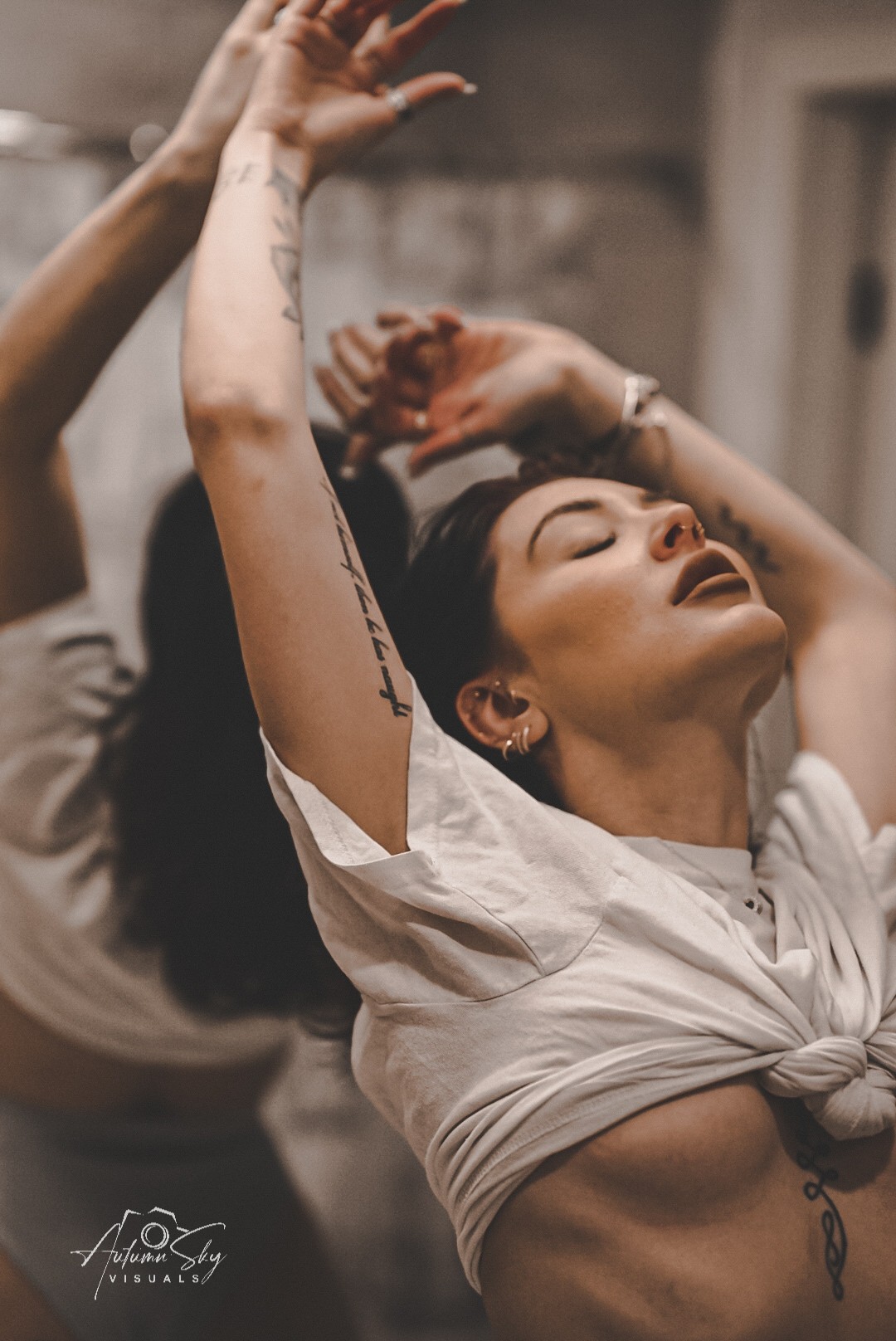
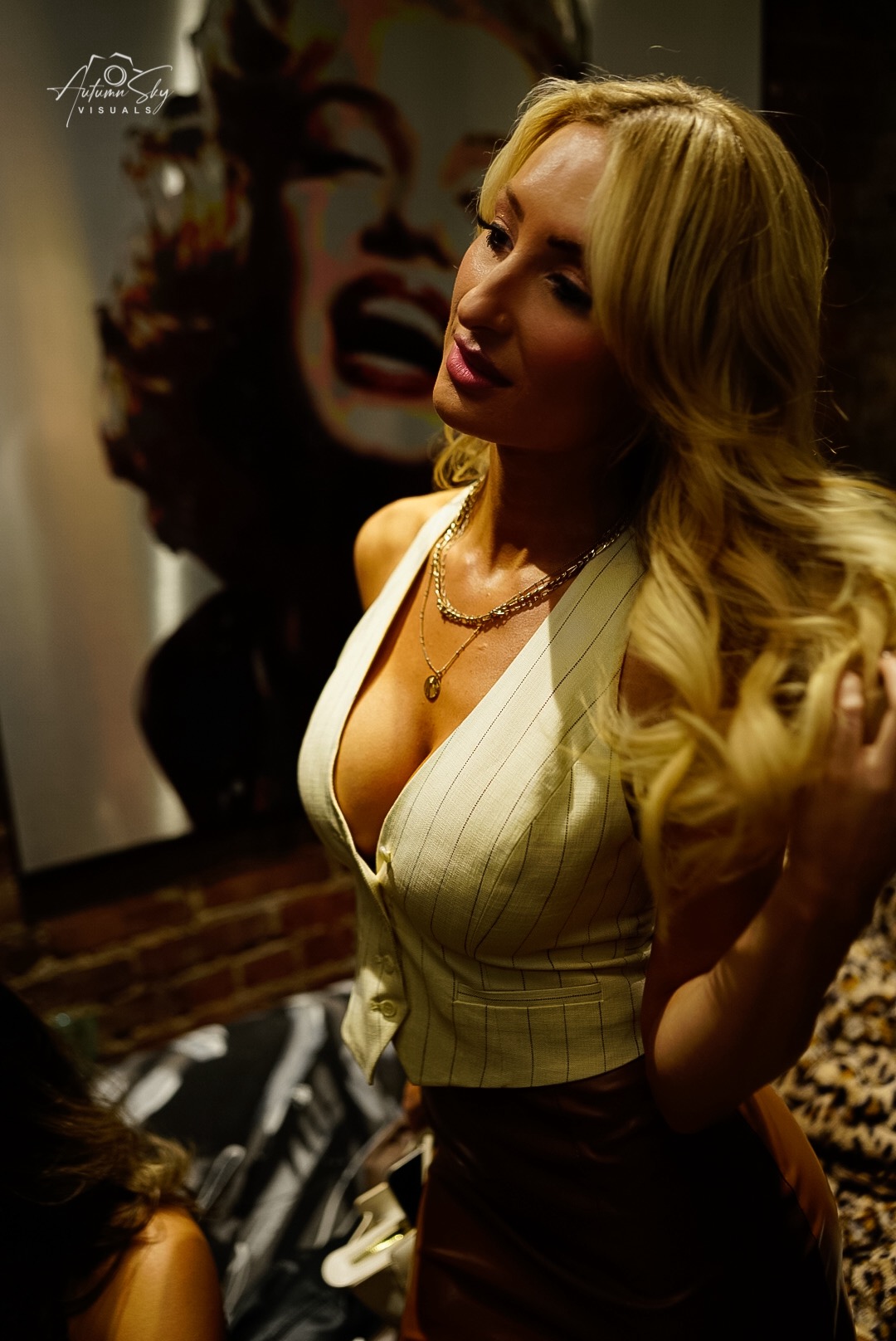
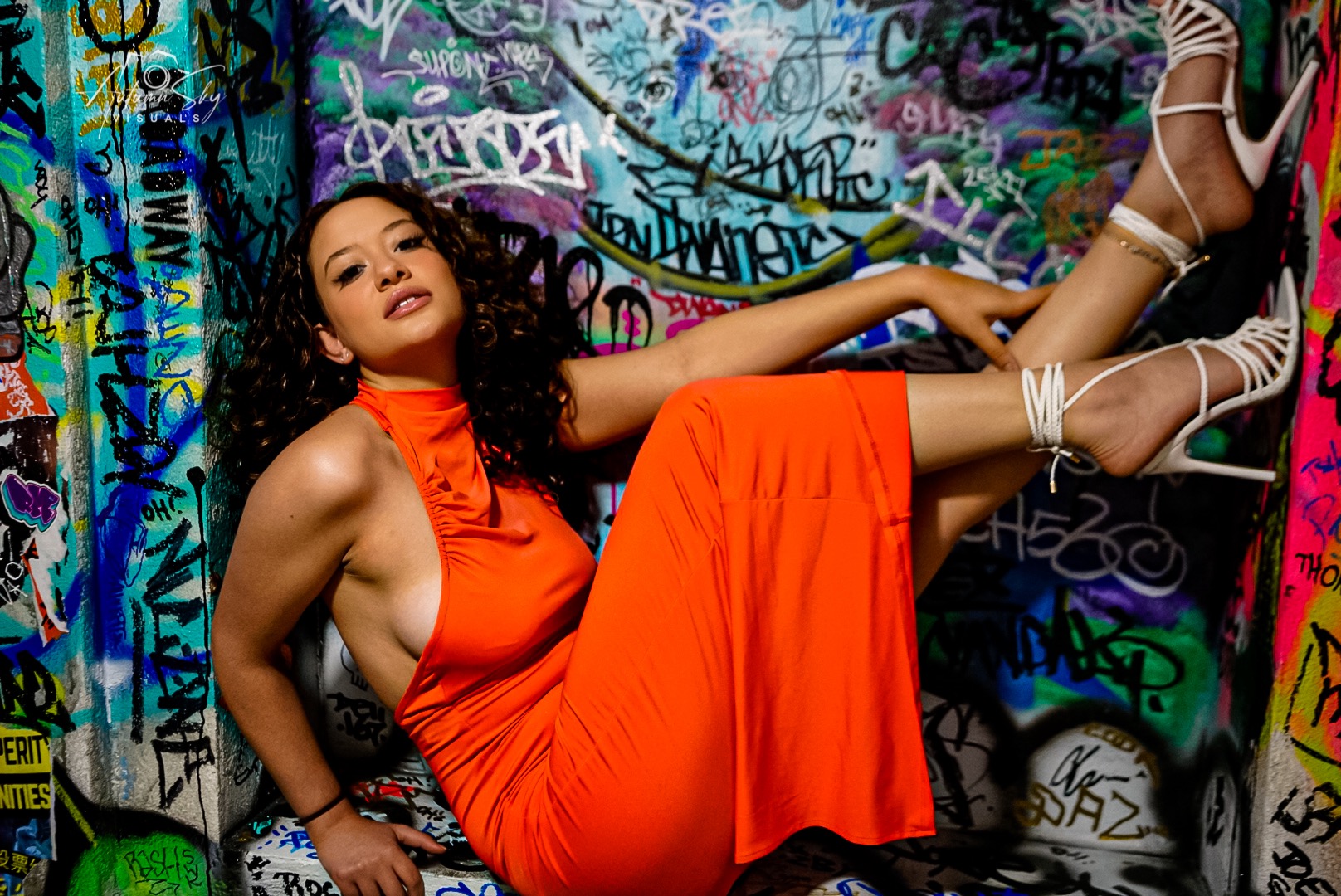
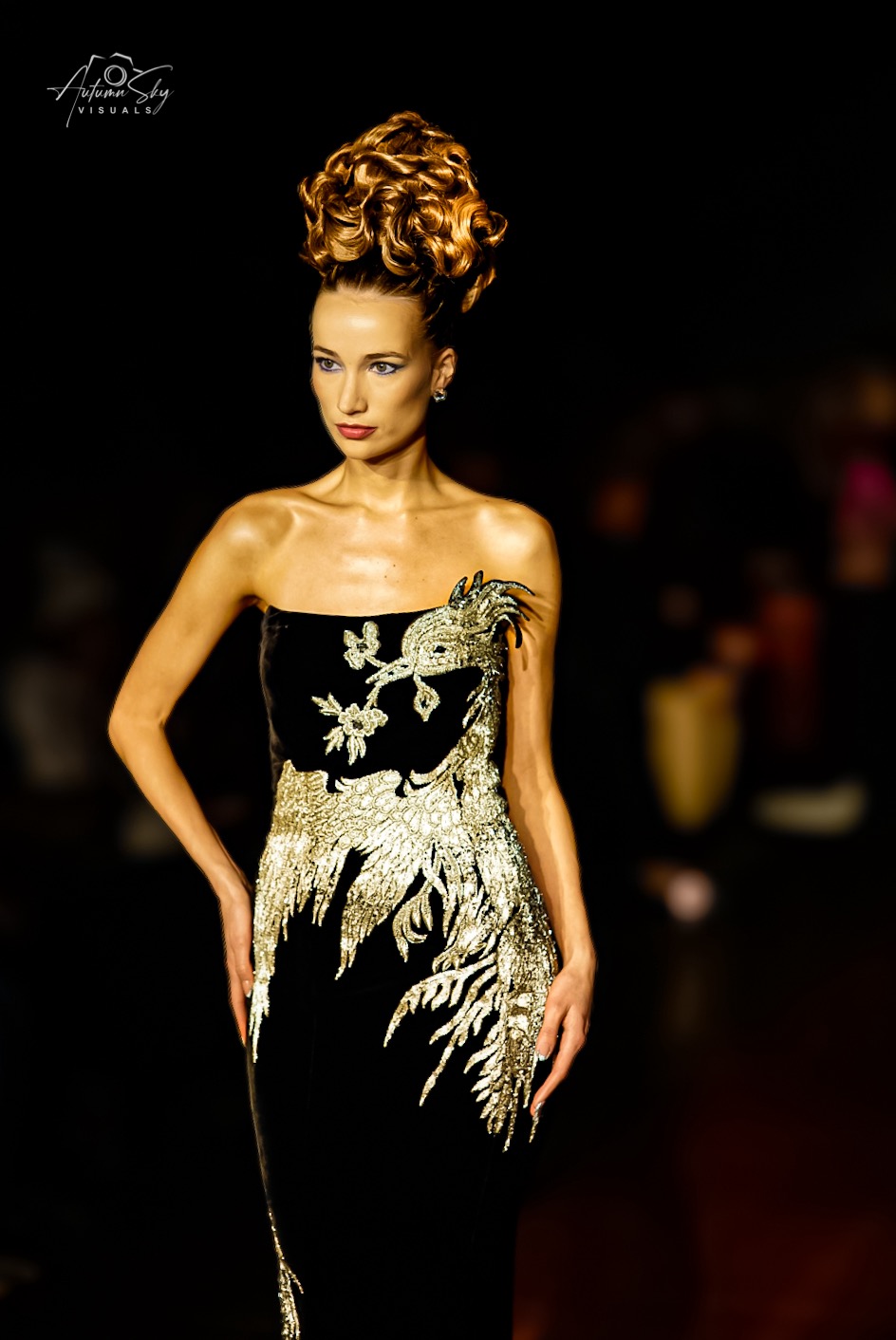
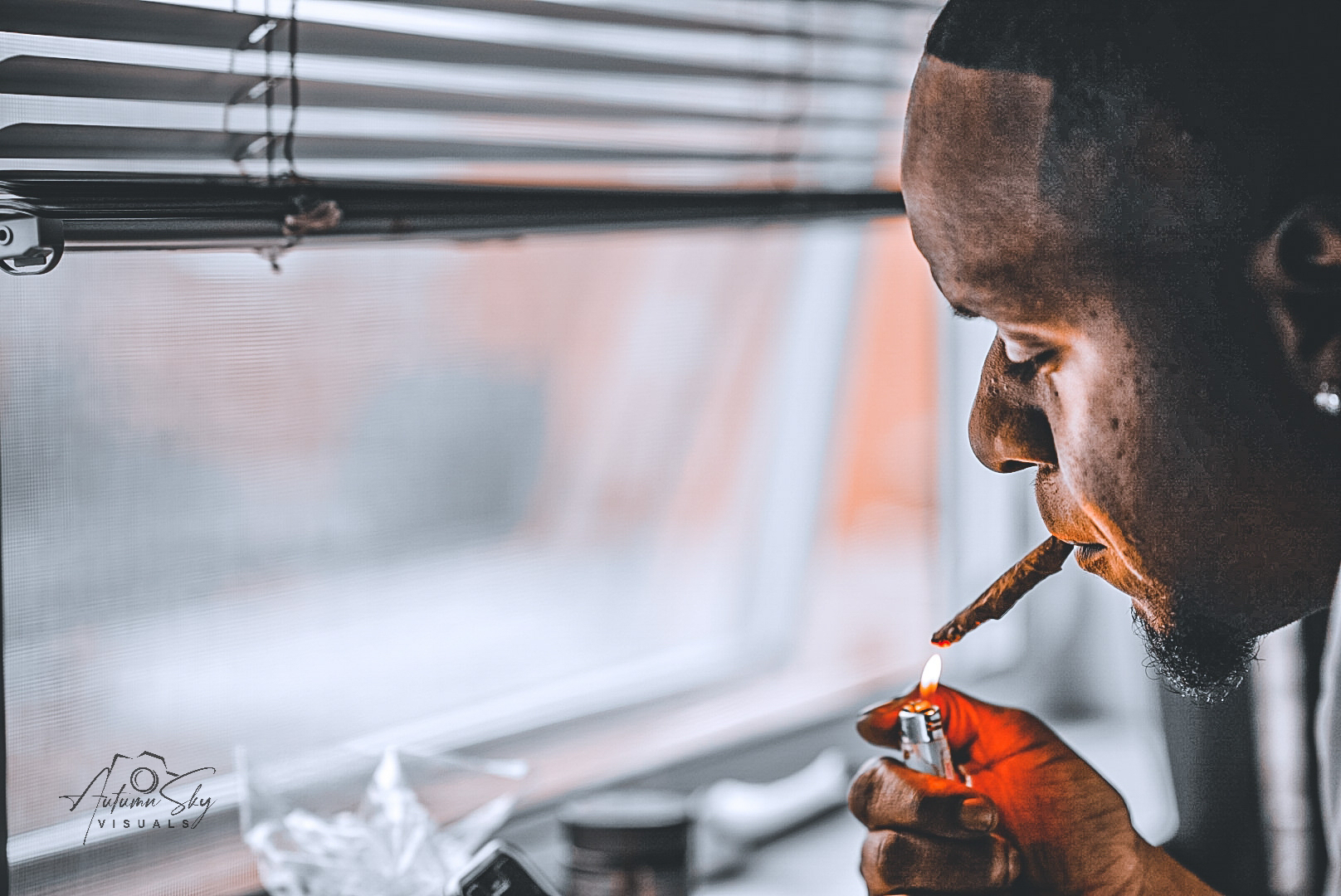
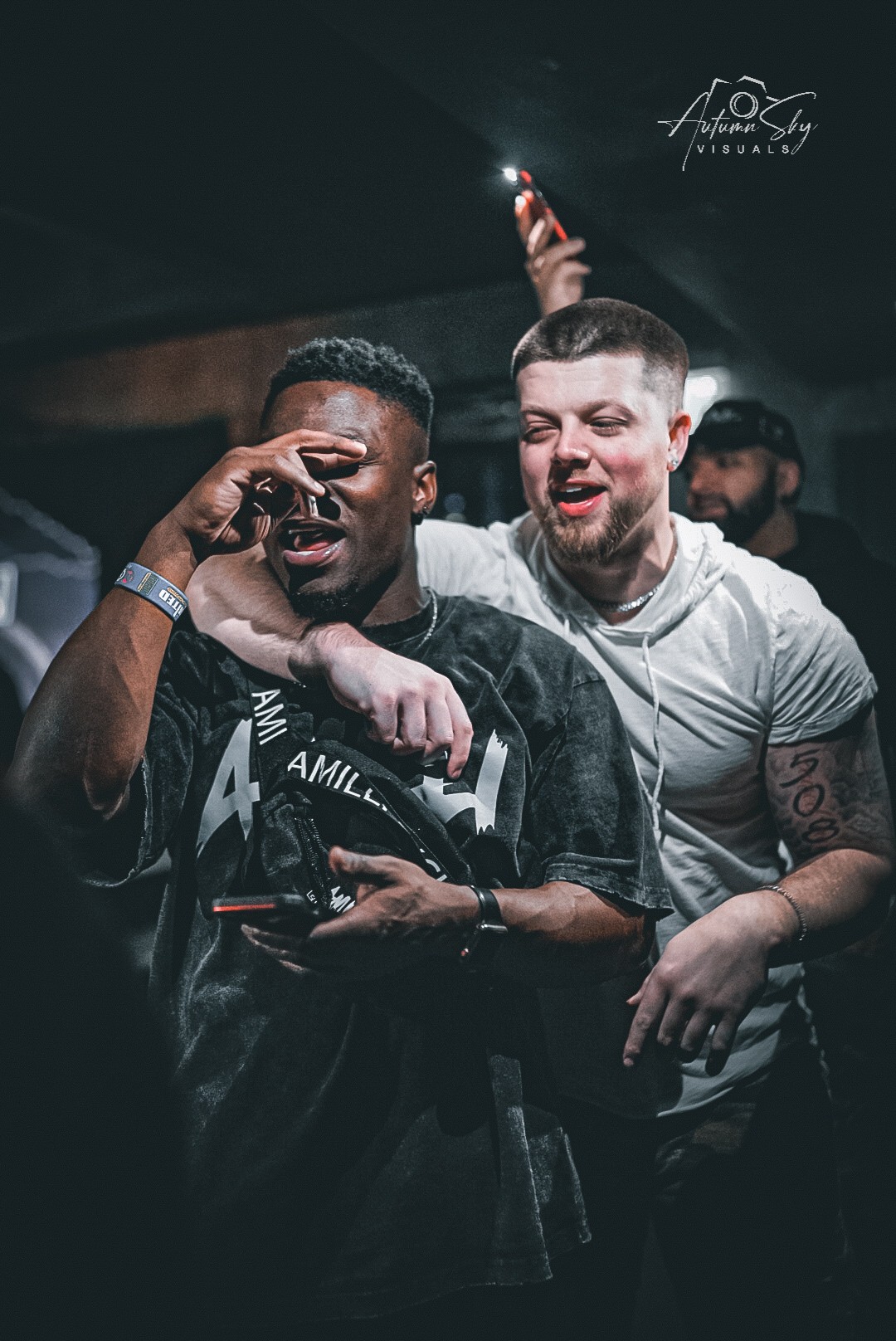
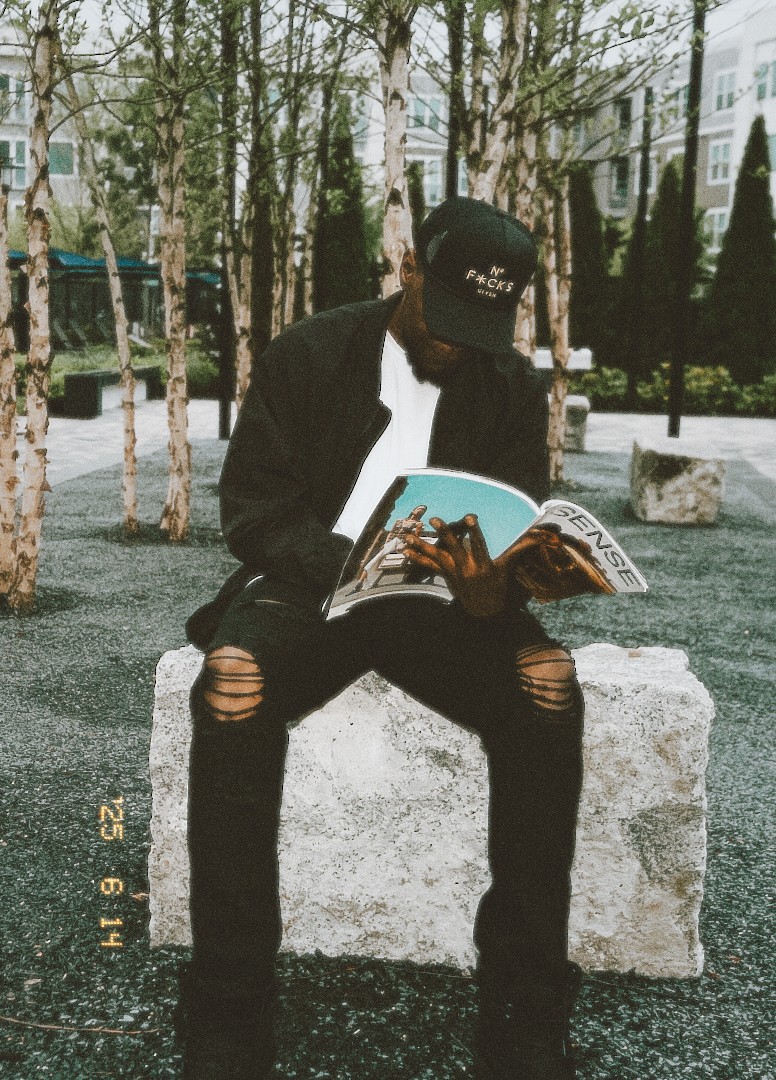
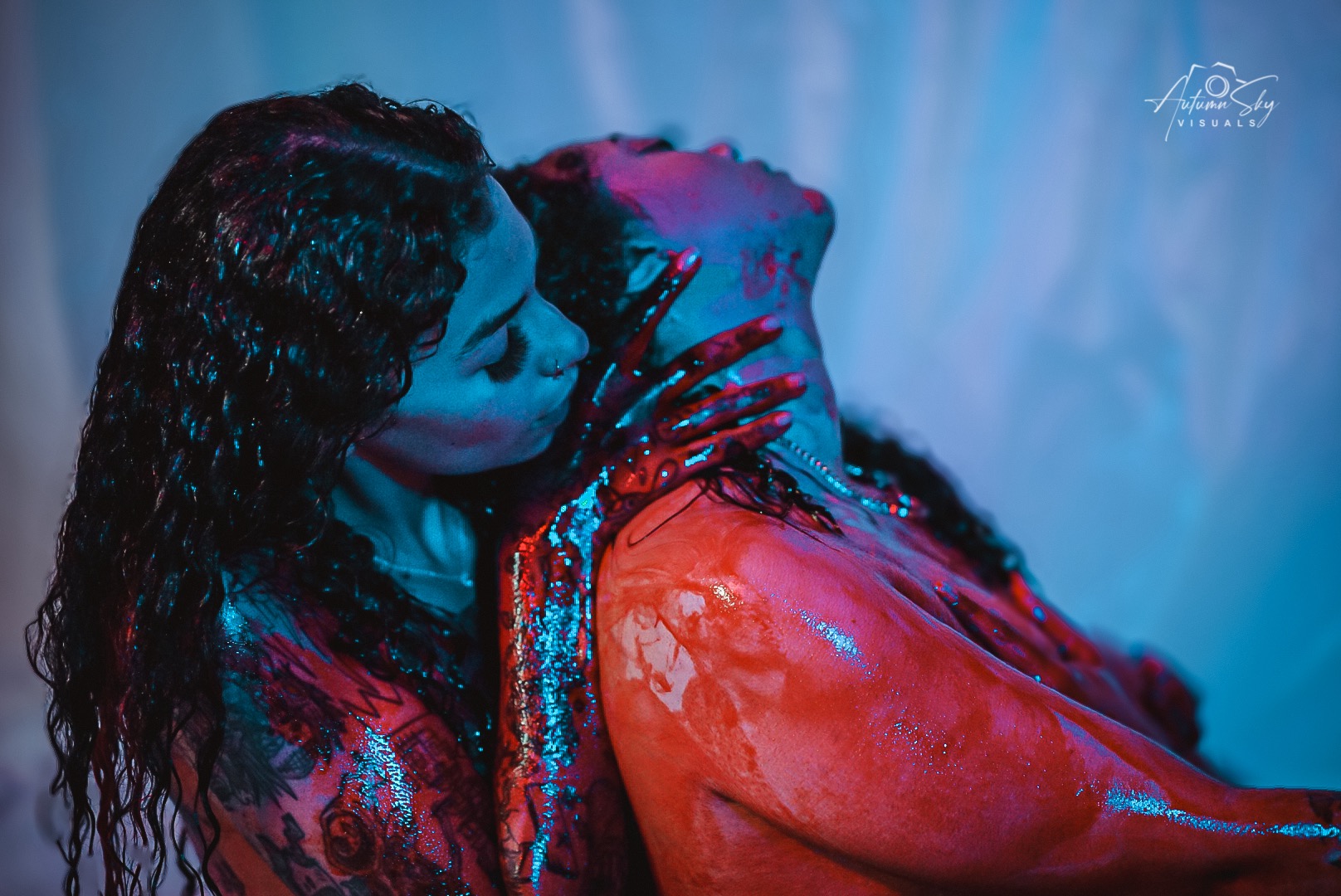
Image Credits
Photos by: Mike Jean-Francois aka Peter Parker
Suggest a Story: CanvasRebel is built on recommendations from the community; it’s how we uncover hidden gems, so if you or someone you know deserves recognition please let us know here.


